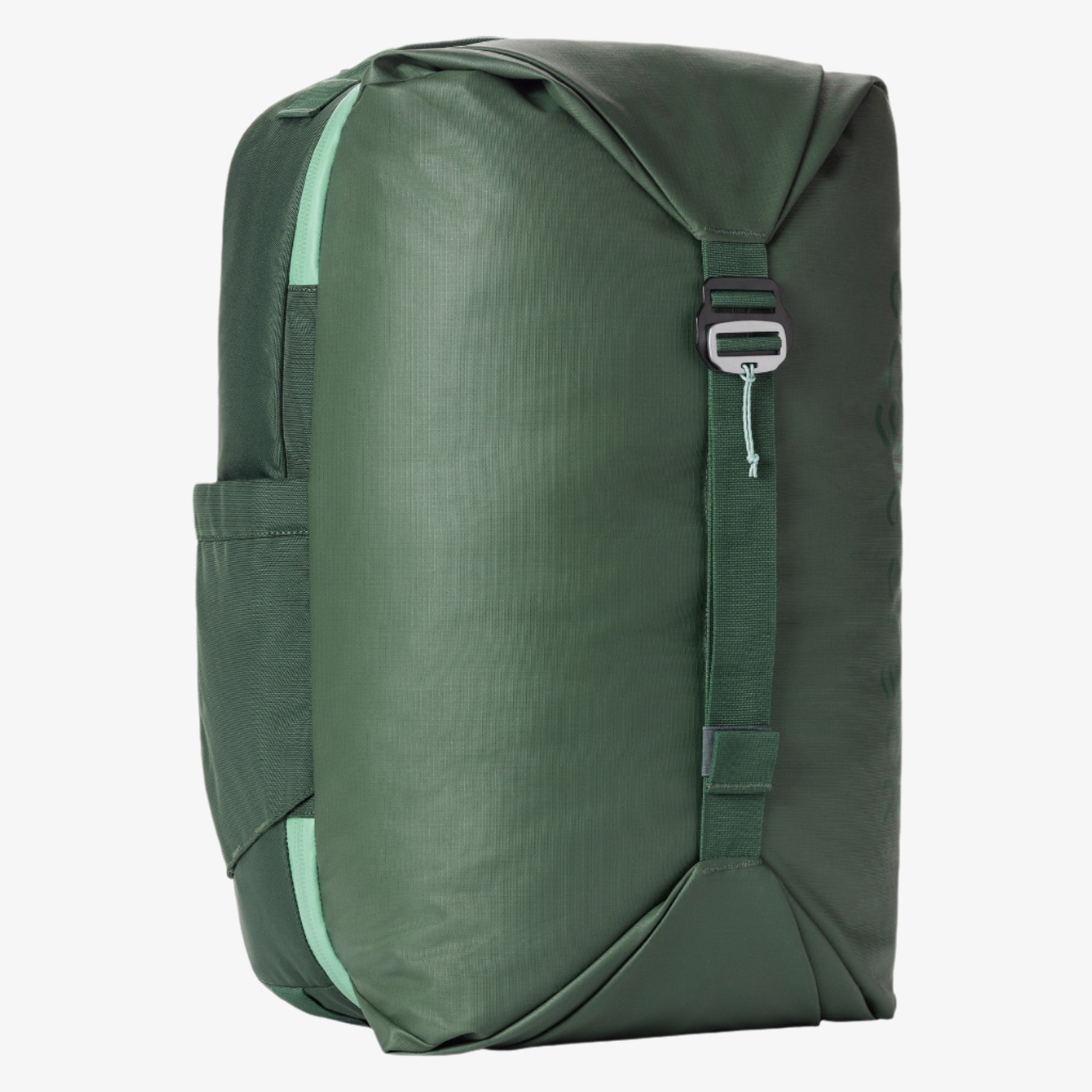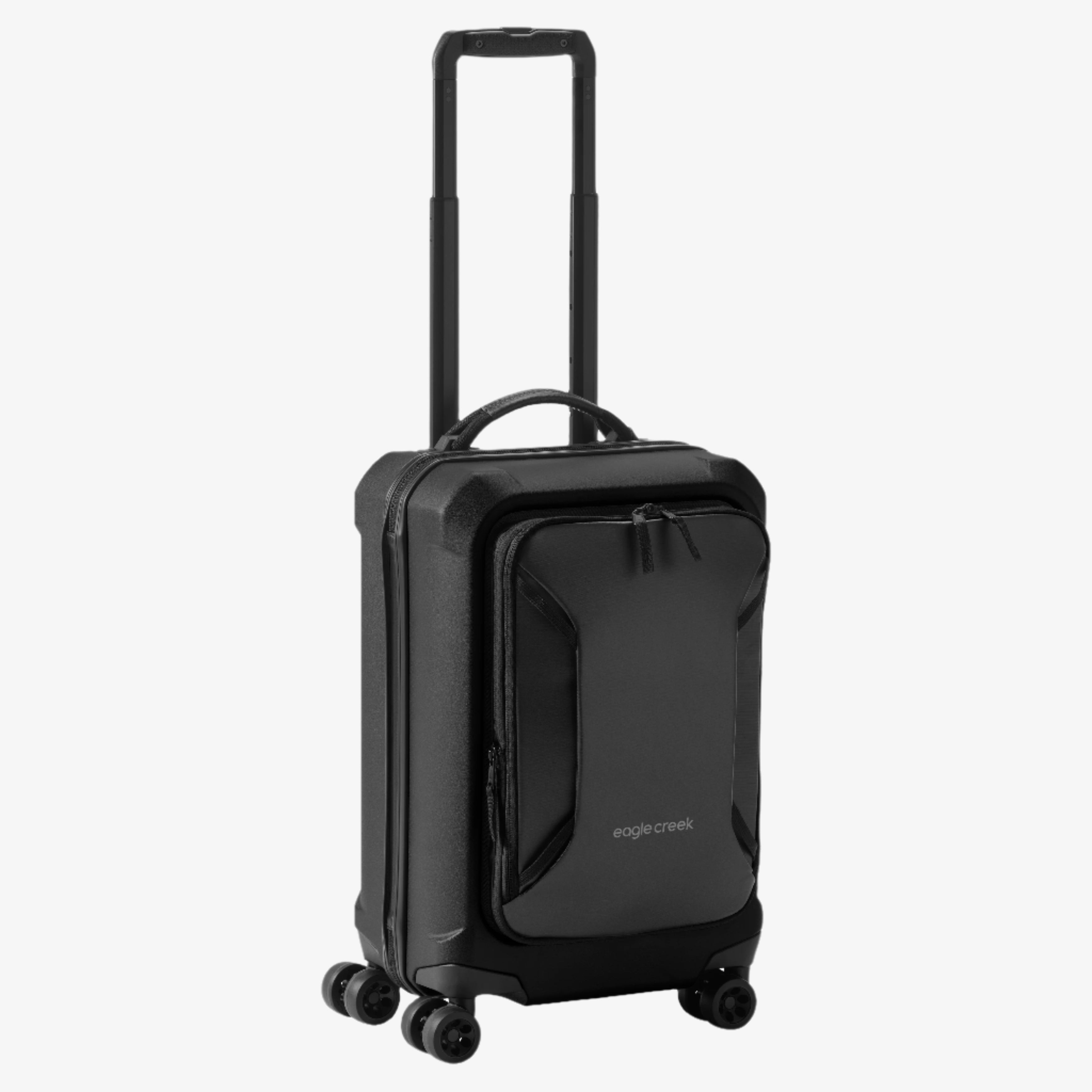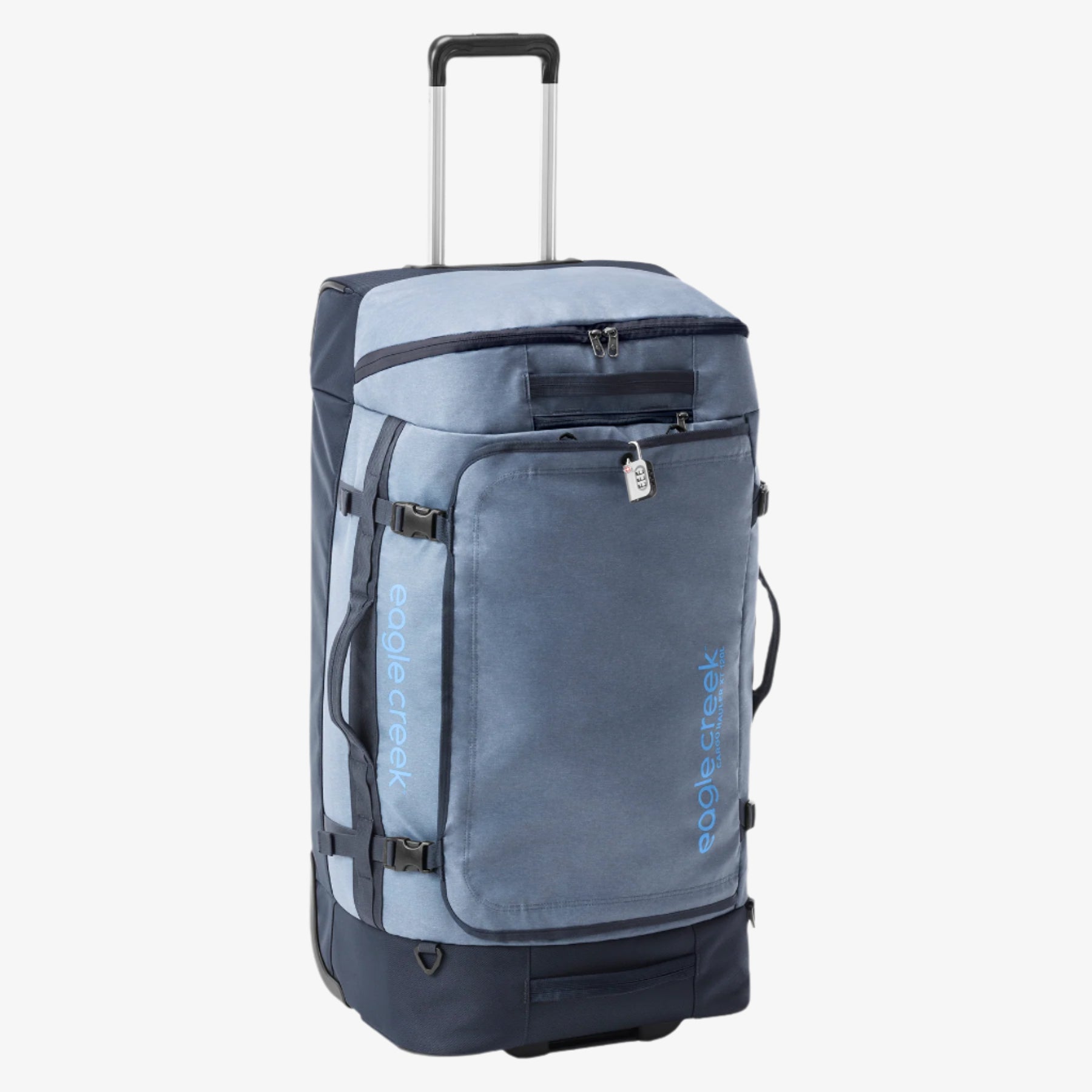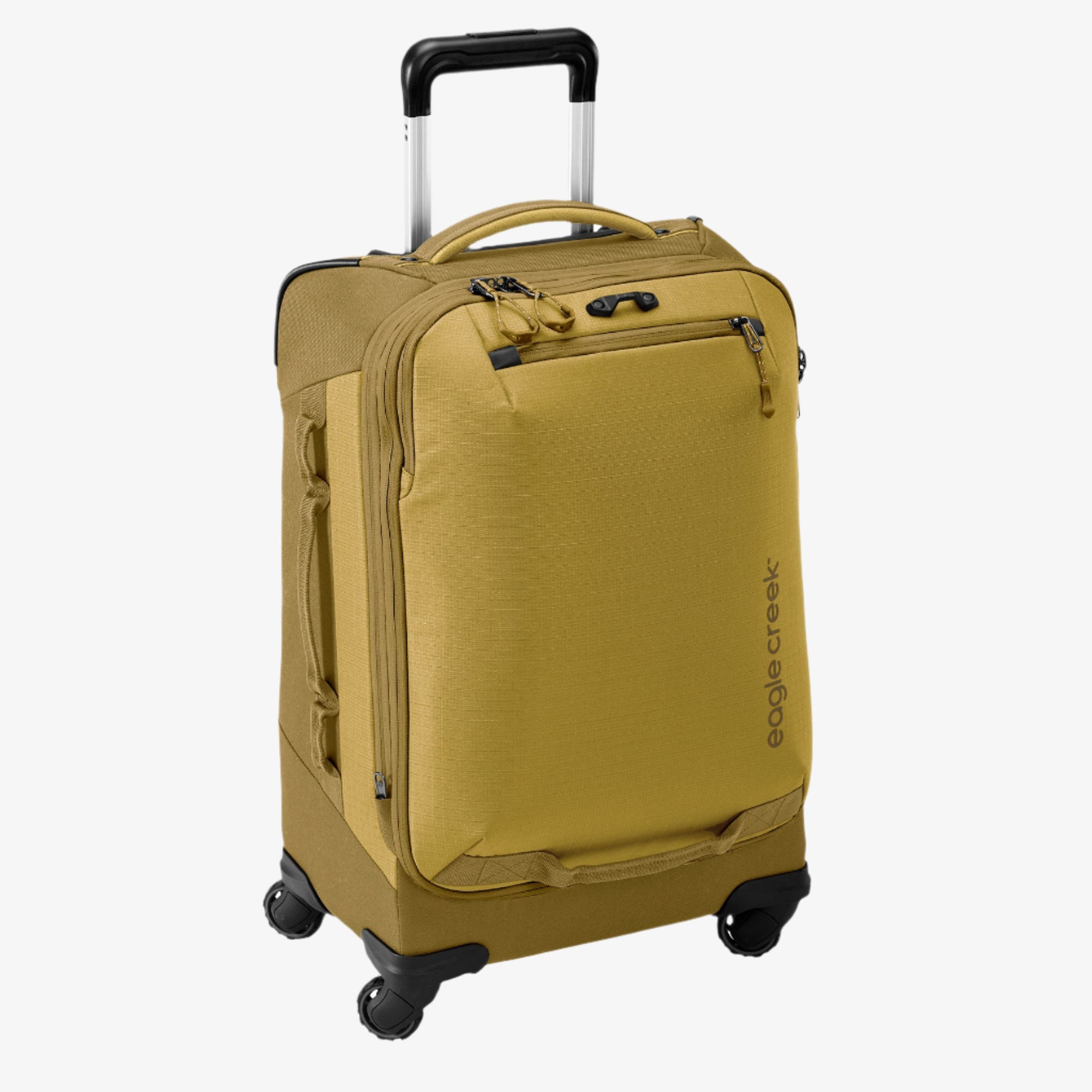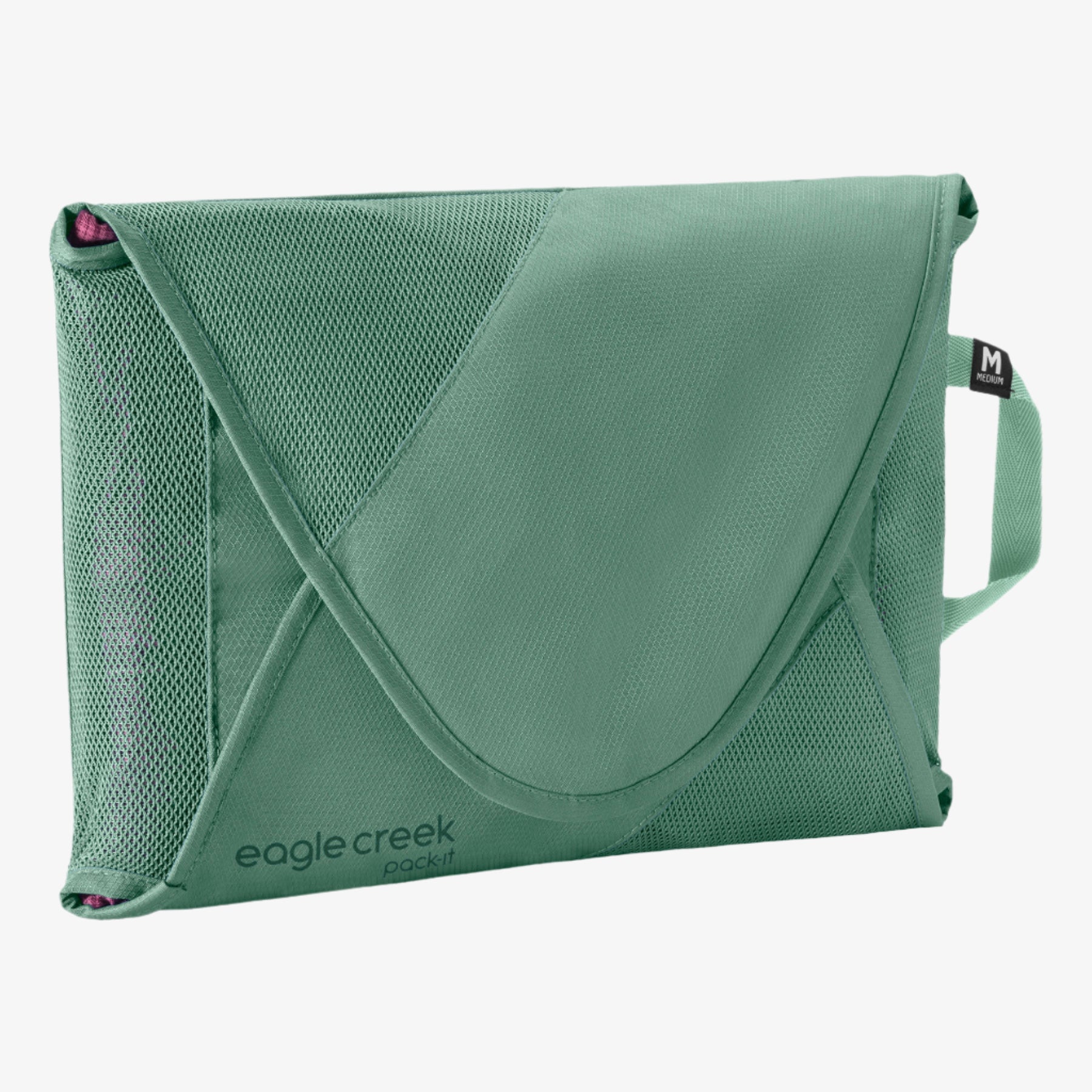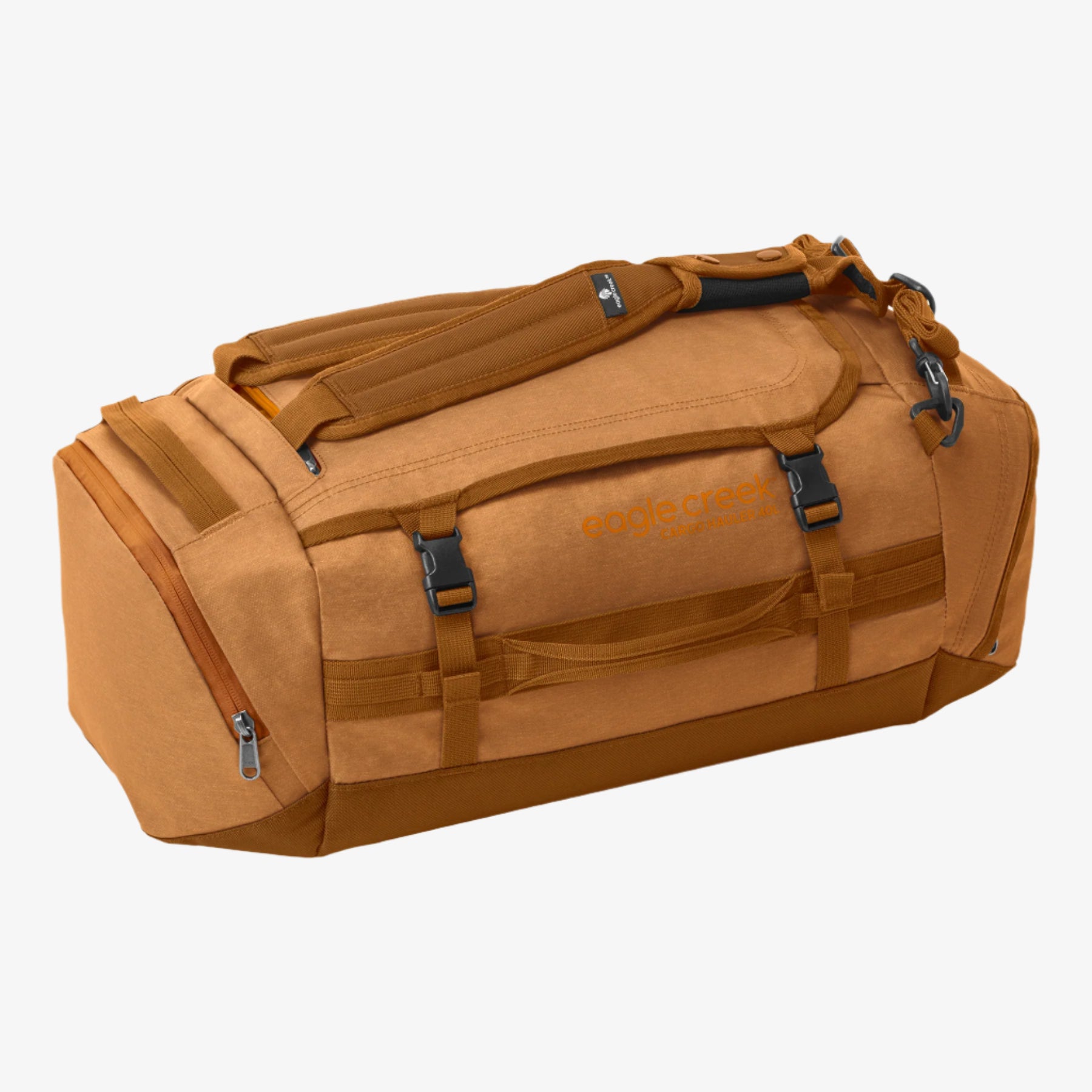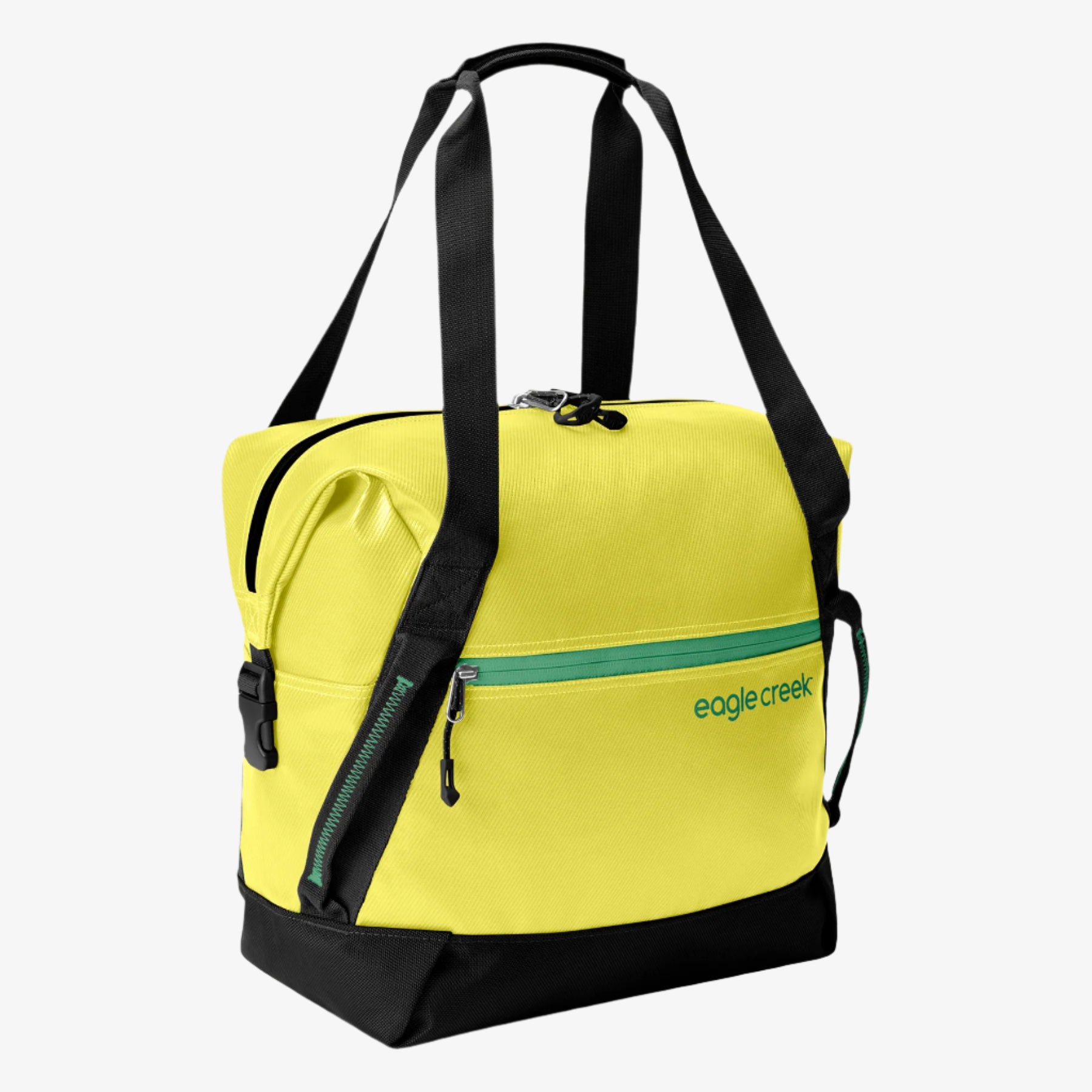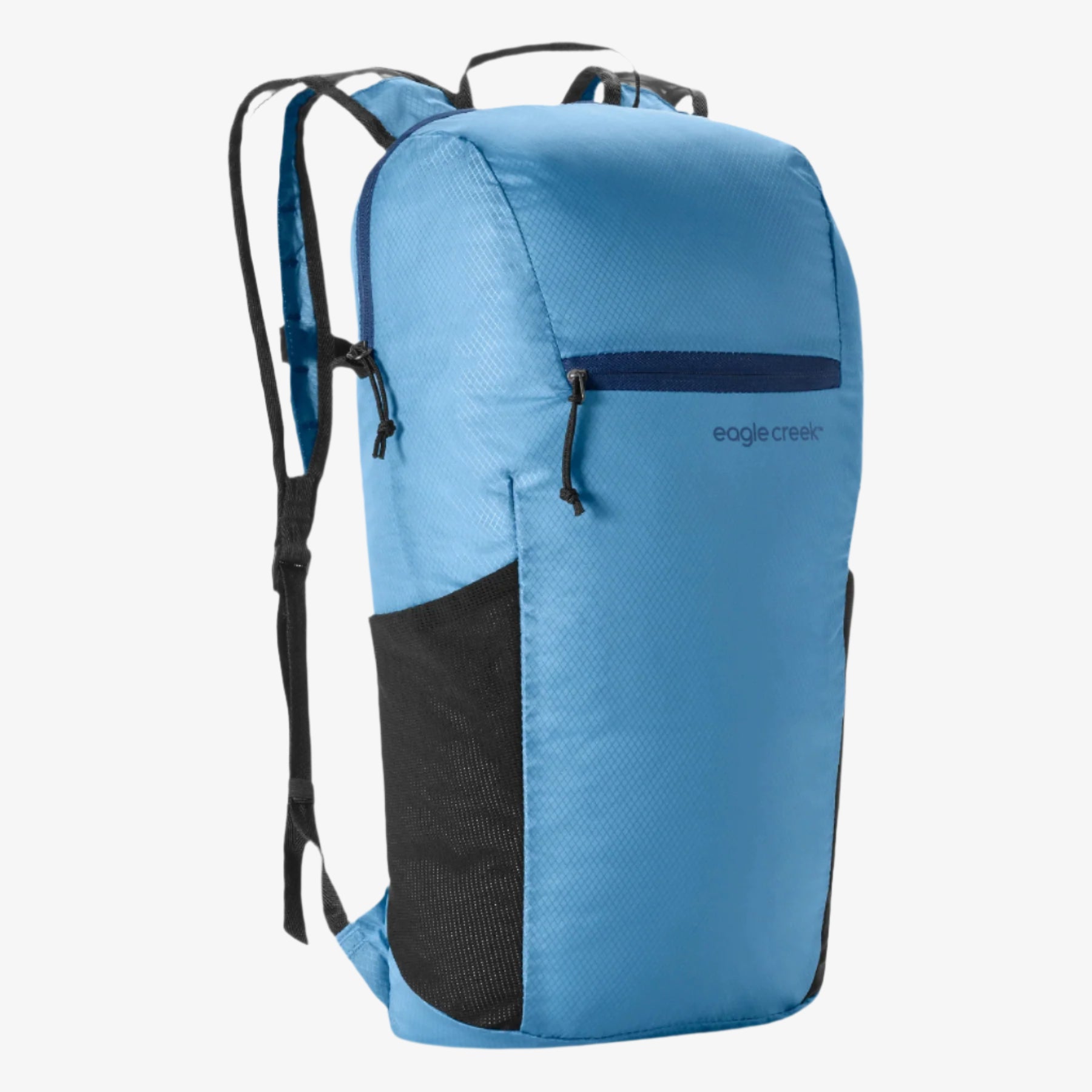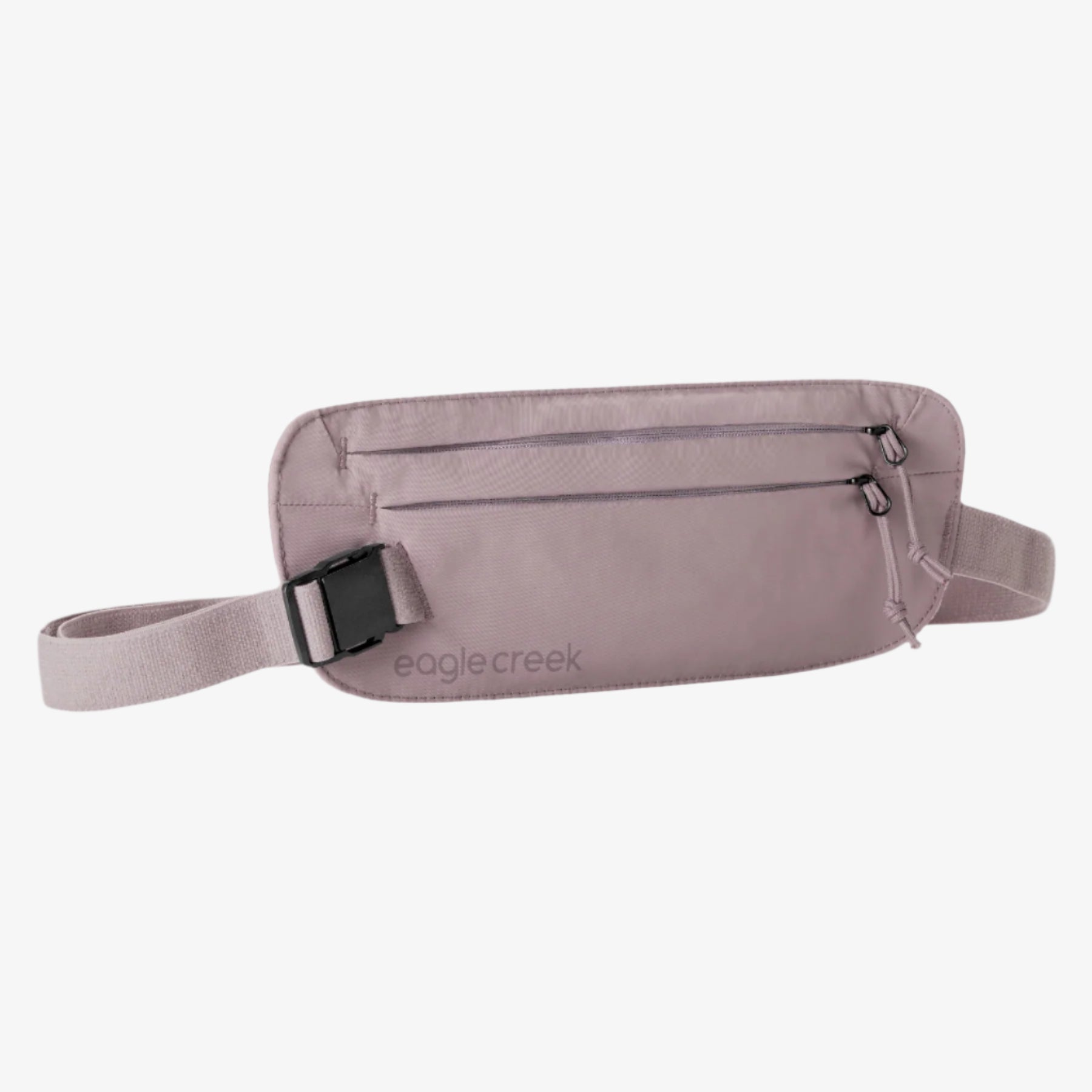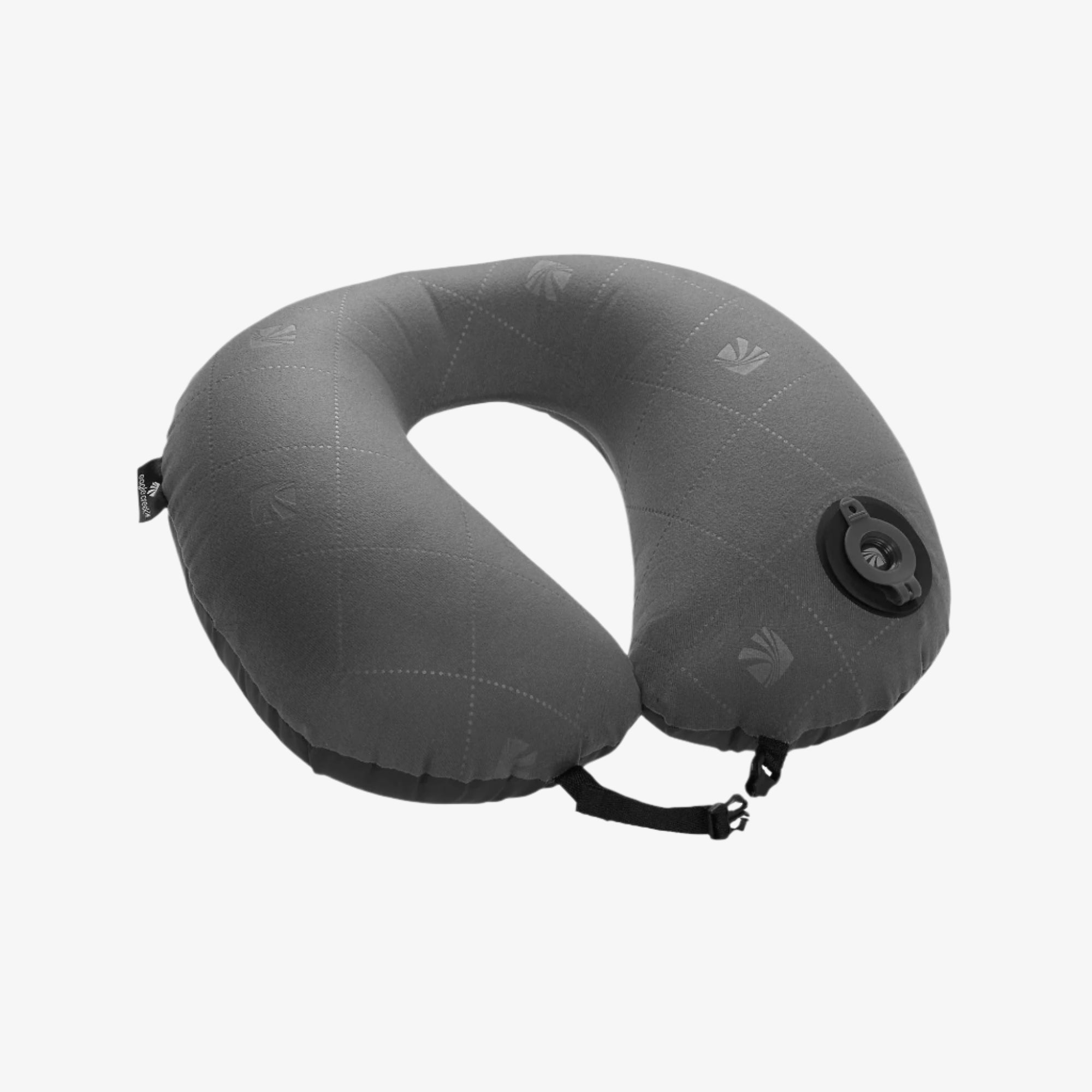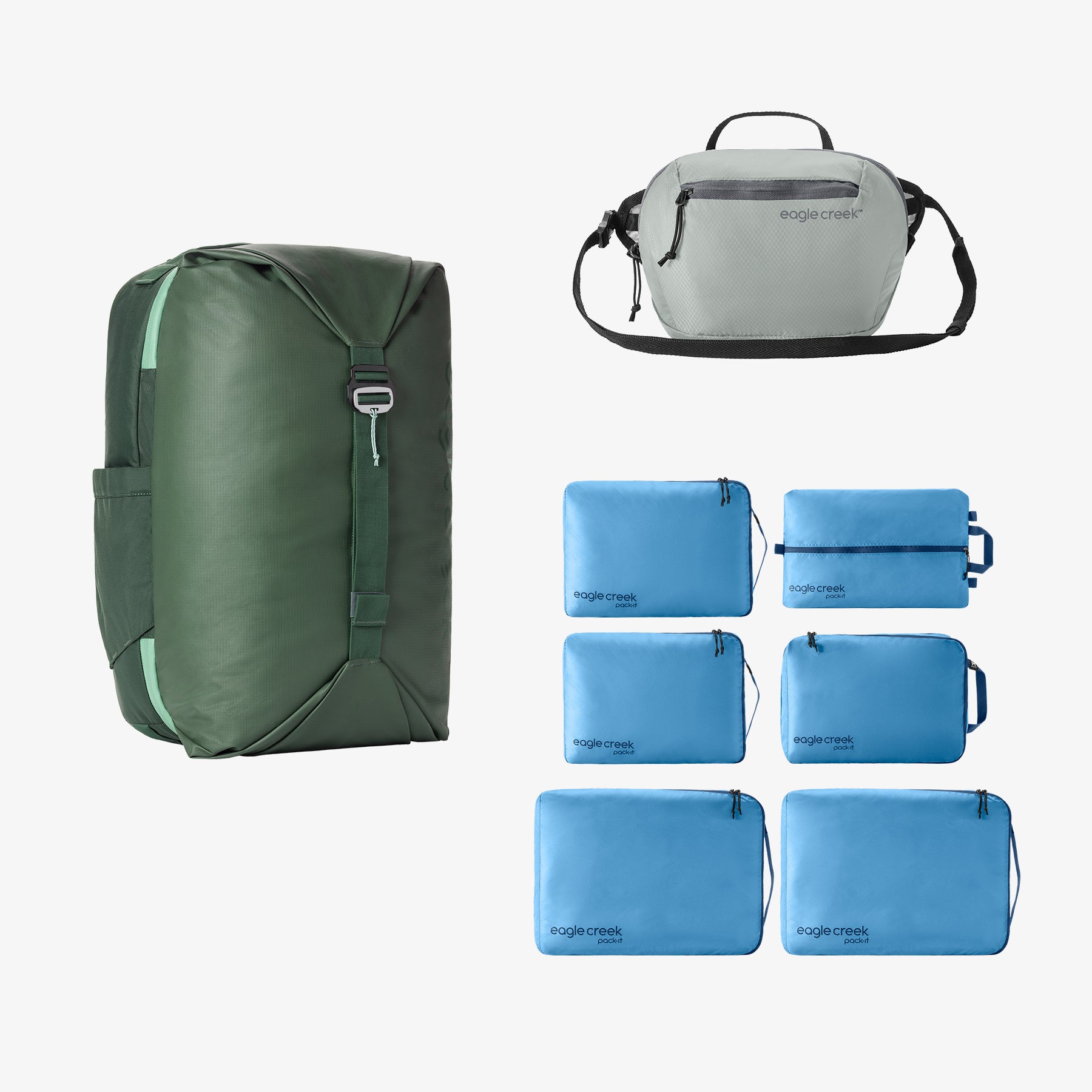
Nobody wants to get sick while traveling. Increase the likelihood you’ll stay healthy when you travel with these eight tips.
Travel has always had its risks, including the risk of getting sick. Anything you touch, breathe, eat, or drink can mean the difference between returning home healthy, feeling under the weather, or worse. Fortunately, you can minimize your risk of getting sick while traveling by following these eight tips.
1. Modify Your Lifestyle
Staying healthy when you travel begins with a healthy lifestyle at home. Boost your immune system and increase your odds of staying healthy, in general, by exercising regularly, maintaining a healthy weight, avoiding smoking, drinking in moderation, and getting six to eight hours of sleep every night. You may also want to take a daily multivitamin.
Before you travel abroad, visit a travel clinic to make sure you have the necessary vaccinations required for your destination.
2. Book a Window Seat
When it comes to avoiding germs, the safest seat on an airplane is actually the one next to the window. According to a 2008 Centers for Disease Control and Prevention (CDC) report, people who sit in the aisle seat have, on average, 64 “contacts” with other passengers during a flight compared to the 12 contacts people in the window seat have.
Since the air on an airplane is usually circulated through hospital-grade filters designed to remove 99.97 percent of all bacteria, those contacts are your greatest risk. For added protection, wear a face mask during the flight and keep antibacterial wipes in a neck pouch to easily wipe down your immediate area.
3. Reduce Your Travel Stress
Stress can have a major impact on your immune system, so minimize the likelihood that things will go wrong. Leave yourself plenty of time between flights to avoid a mad dash from one terminal to the next. Confirm hotel and car rental reservations before you go. Double check your bag for your passport, medications, and other essentials before heading to the airport.
When things do go wrong, take a deep breath, hold it, exhale, and repeat.
4. Socially Distance
To an extent, travel involves crowds whether at the airport, on public transportation, in a restaurant, or at an event, like a music festival. Avoid close contact with people you don’t know, especially anyone who appears sick. If you aren’t required to wear a face mask, consider wearing one in crowded places.
Germs can also be spread on surfaces. Wash your hands with soap and water for at least 20 seconds after being in a public space. If soap and water are not available, use hand sanitizer. Wipe suspect surfaces such as arm rests and TV remote controls in hotel rooms, with antibacterial wipes. You can easily carry these items in a sack in your personal item.
5. Stay Hydrated
Your body—and immune system—needs water to function properly. When you travel, drink plenty of water, maybe even with a squeeze of lemon for an additional boost of Vitamin C. Not a fan of water? Be careful what you choose as a substitute. Sugary drinks, caffeinated drinks, and alcohol can all suppress the immune system. If you don’t want to hydrate with water, opt for green tea instead.
6. Eat Healthy Foods
It’s okay to indulge in the occasional treat, especially on vacation, but what you eat can greatly impact your immune system. To stay healthy while traveling, order dishes featuring fresh veggies and lean proteins. To boost your immune system, incorporate foods with antioxidants into your diet, like berries, garlic, ginger, turmeric, sweet potato, carrots, and pomegranates.
When traveling to communities with less developed sanitation infrastructures, only eat thoroughly cooked foods, and skip dairy products, especially if you suspect they may have been left in the sun. You’ll also want to stick to bottled water in areas where the tap water may not be safe to drink.
7. Get Plenty of Sleep
Studies show that people who don’t get enough sleep are more likely to get sick after being exposed to a virus. Be sure to get at least six, preferably seven, hours of sleep per night when you travel. If you anticipate jet lag being a problem, try gradually shifting your bedtime to your destination’s time zone beginning the week before you leave. You may also want to keep melatonin with your toiletries to help counter jet lag’s effects.
Once you’ve adjusted to the destination’s time zone, pace yourself during the day. Trying to cram in as many sights as possible can be exhausting, and that exhaustion can lower your immune system.
8. Be Active
While you don’t want to overdo it physically, your immune system works best when you exercise regularly. Before you lounge at the beach all day, take advantage of the hotel gym or go for a swim in the pool. If you plan to explore, walk or bike when you can instead of taking a rideshare or public transportation.
You can also stay active and healthy by hiking a popular local trail, taking a bicycle tour, or trying something new like samba dancing.
Staying healthy while traveling doesn’t haven’t to be complicated. By following these simple tips, you can minimize your risk of getting sick and be at your physical best when you are in a new destination finding your unknown .
Related Links (from Eagle Creek blog):
Adventure Healthy: Everything You Need to Know About Travel Clinics
Travel Myths: Which Are True or False?


